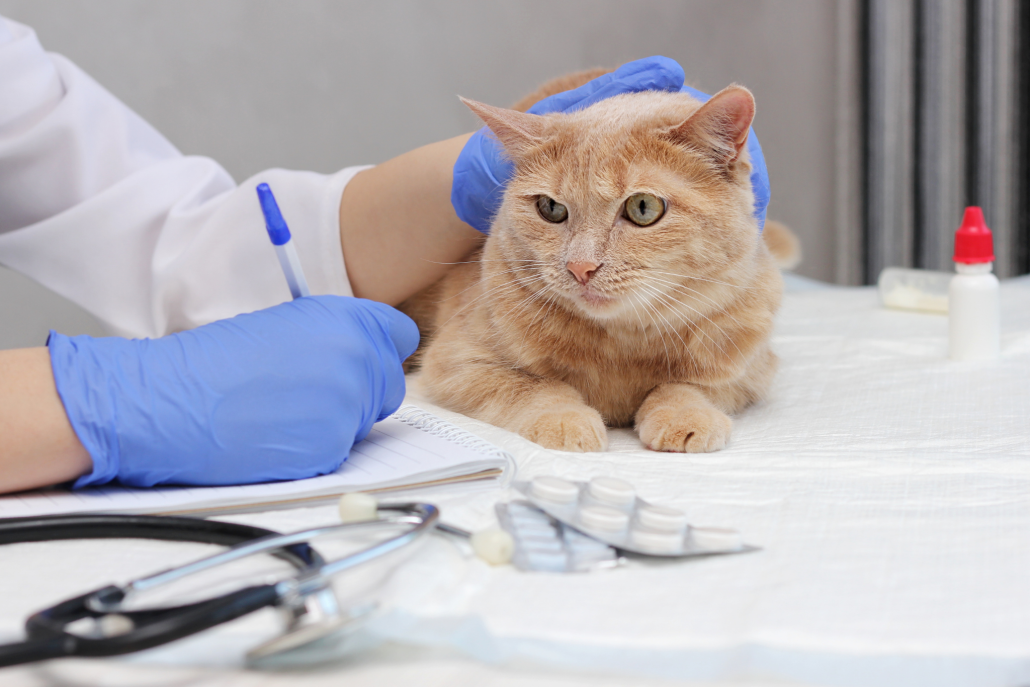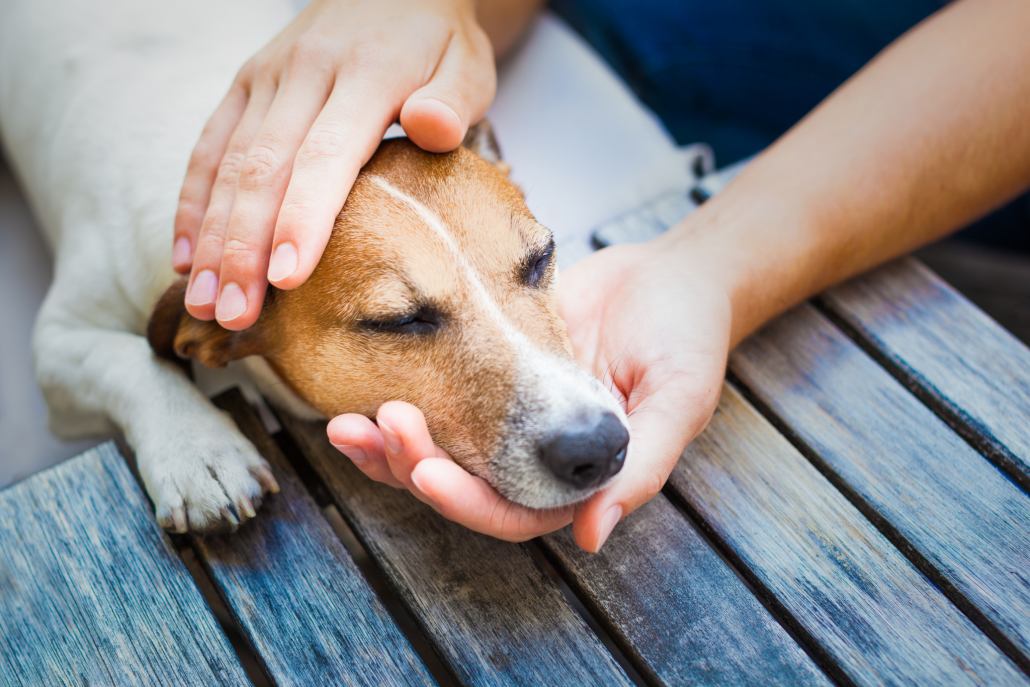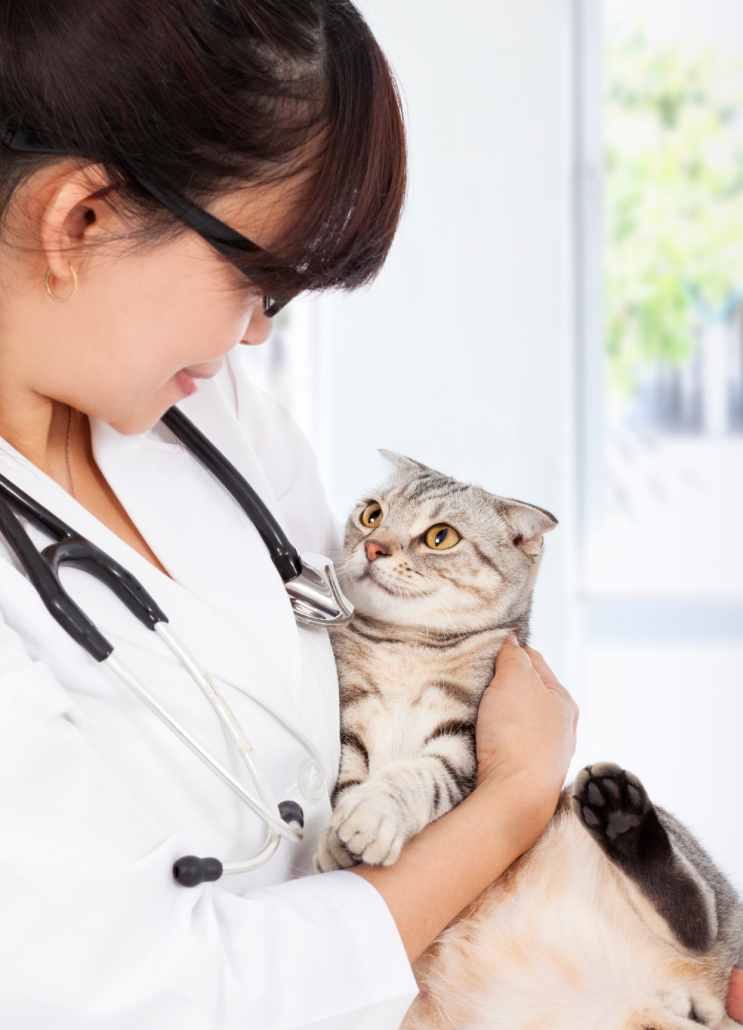How To Keep Your Pet Safe
There is no denying that our furry companions can be active and adventurous. While this can be endearing, it can also lead to some dangerous situations. One of the most common dangers pets face is poisoning. Your pets can accidentally eat, chew and ingest things that they shouldn’t.
This may not always happen, and your pet may not ever get into something dangerous, but it is always better to be prepared. In this post, we will cover some of the most common poisons pets encounter, as well as what you can do to prevent them from happening.

Important To Be Prepared
One of the most common reasons for a trip to the emergency vet is for pets that have been accidentally poisoned. The best way to avoid this is to be prepared.
Poison cases can often be complex and expensive to treat – from Life-saving decontamination, round the clock supportive care, laboratory investigations and antivenoms or antidotes can quickly add up to thousands of dollars.
Important Steps to Prevent a Pet Poisoning
As previously expressed, prevention is the key to keeping your pet happy and healthy. Here are 5 important steps you can take to prevent pet poisoning:
1. Keep Cabinets and Doors Locked
The easiest way to prevent your pets from getting into dangerous substances is to keep them locked up. It is also important to make sure that you don’t leave any chemicals or medications out where your pet can get to them. This includes keeping the cabinets in your kitchen, bathroom and laundry room closed.
2. Know The Signs
Signs of toxicity can vary depending on what type of poisoning has occurred, however, there are various signs and symptoms that may be indicative of poisoning, such as:
- Vomiting
- Diarrhoea
- Lethargy
- Drooling
- Increased heart rate
- Seizures
- Respiratory failure
If you notice any of these symptoms in your pet, it is important to get them to the vet as soon as possible. The faster they receive treatment, the better their chances.

3. Be Aware of Poisonous Products
Awareness is key when it comes to preventing pet poisoning. Knowing the types of poisons that your pet may be exposed to can help you take proactive steps to avoid them.
Some of the most common types of poisons pets encounter include:
People Food
Foods such as chocolate, bread dough, fatty table scraps, onions/garlic/chives, raisins and grapes, macadamia nuts, and xylitol can all be toxic to pets as they contain chemicals that they cannot fully digest. Avocados are especially dangerous, and should be kept away at all times.
Medications
It is important to keep all human medications far from pets! Some can be especially toxic to them. Acetaminophen (Tylenol) and Ibuprofen (Advil) are two medications found in many medicine cabinets that can cause serious harm to pets.
Flowers and Plants
There are a number of certain flowers and plants commonly used around the home that can be toxic and deadly to pets, such as lilies and cyclamen.
Cleaning Supplies and Chemicals
Many cleaning supplies and chemicals can be irritating to pets’ noses and mouths, and can also be dangerous if ingested. Be sure to keep these products locked up and out of reach.
Essential Oils and Liquid Potpourri
An unknown hazard to your pets is essential oils and liquid potpourri. They can be especially damaging to pets’ organs and toxic if ingested. Even the aromatherapy smells you like can be potentially harmful to your companion.

4. Stay Informed
The best way to protect your pet is to stay informed. The more you know about the different types of poisons and what effects they can have on your pet, the better equipped you will be to prevent them from happening. By consulting your vet, and taking the necessary precautions, you can help keep your pet safe from accidental poisoning.

Your Pets Deserve The Best
Accidental pet poisoning can be a scary and costly experience. Regardless of how well you attempt to avoid dangers for your pets, you still need to be prepared if something happens unexpectantly.
The House Call Vet is proud to offer our clients the best possible poison prevention tips and advice. As experts in emergency care, our veterinarian team is always here to help you keep your furry friends safe and healthy.
If you have any questions or concerns, please do not hesitate to contact us. We are here to help!
Standard Clinic Consult are from 8am to 6pm and our House Call Consults are from 7 am to midnight.

